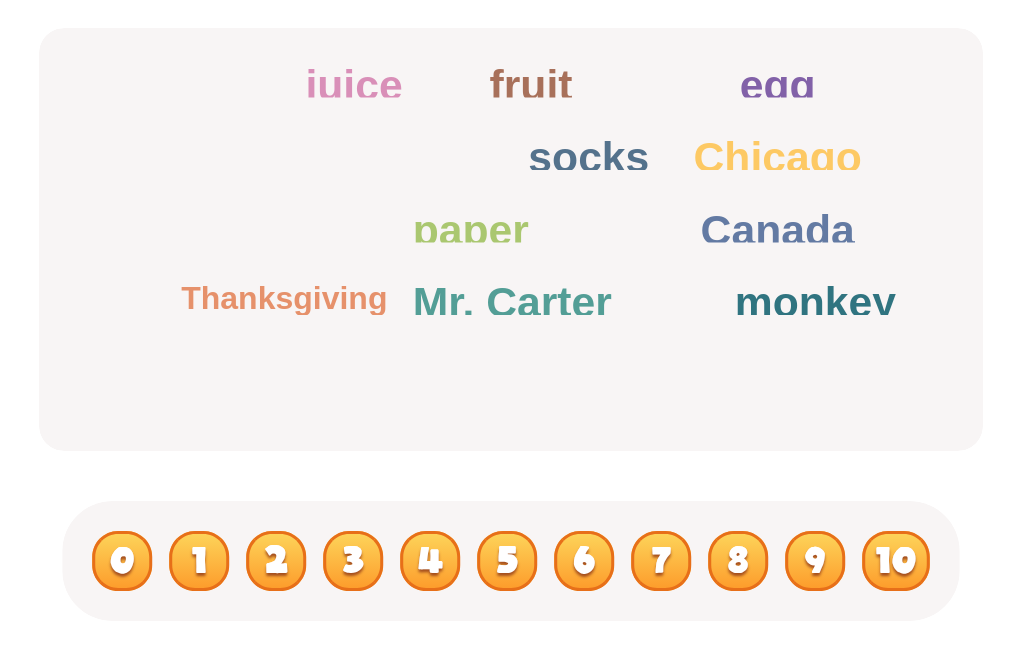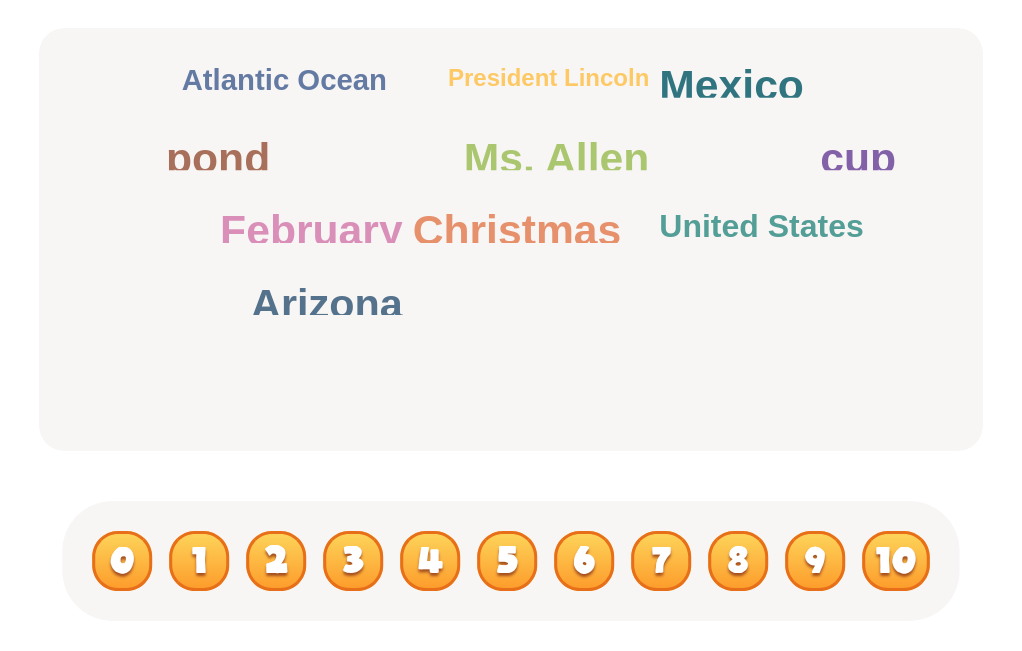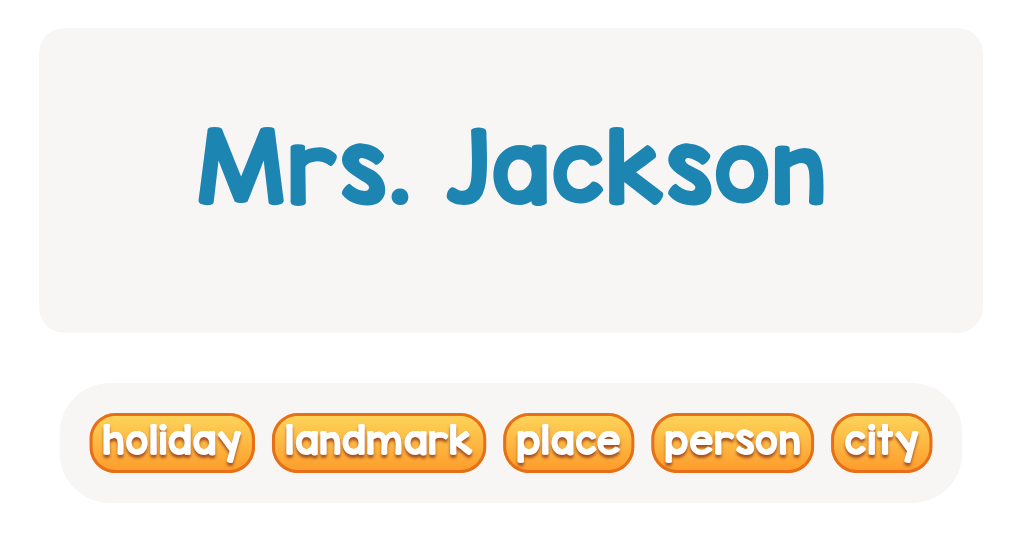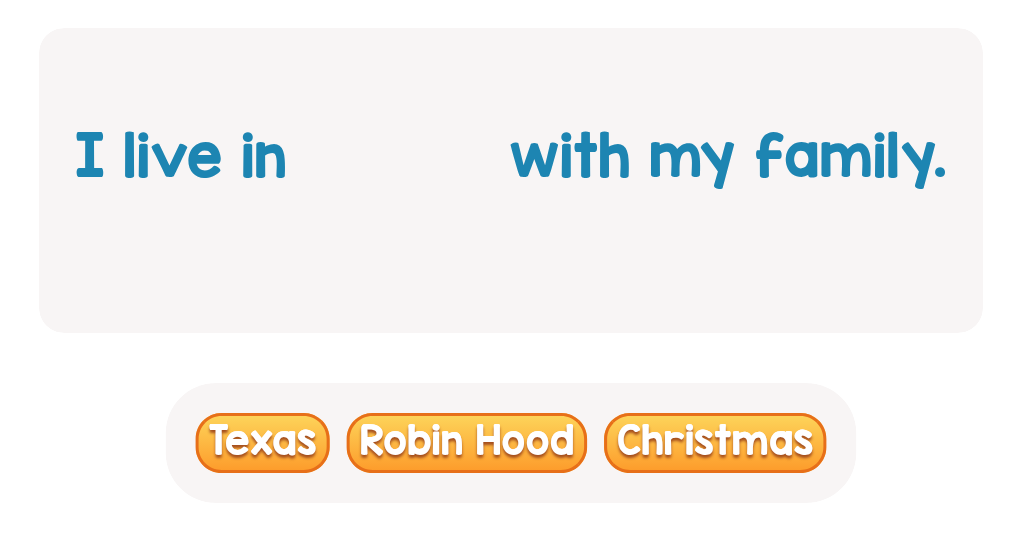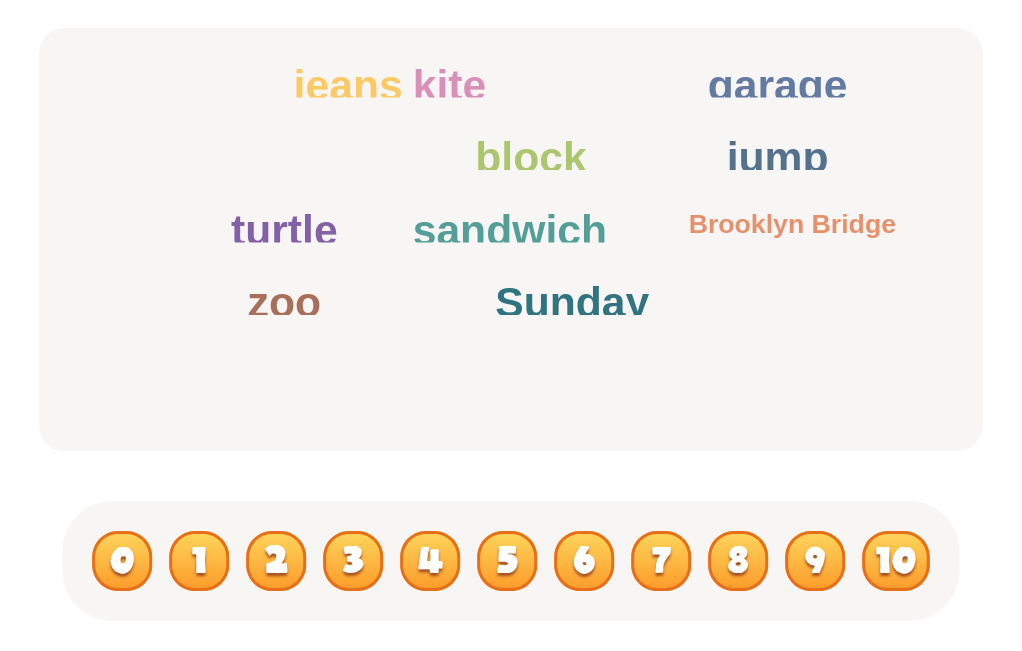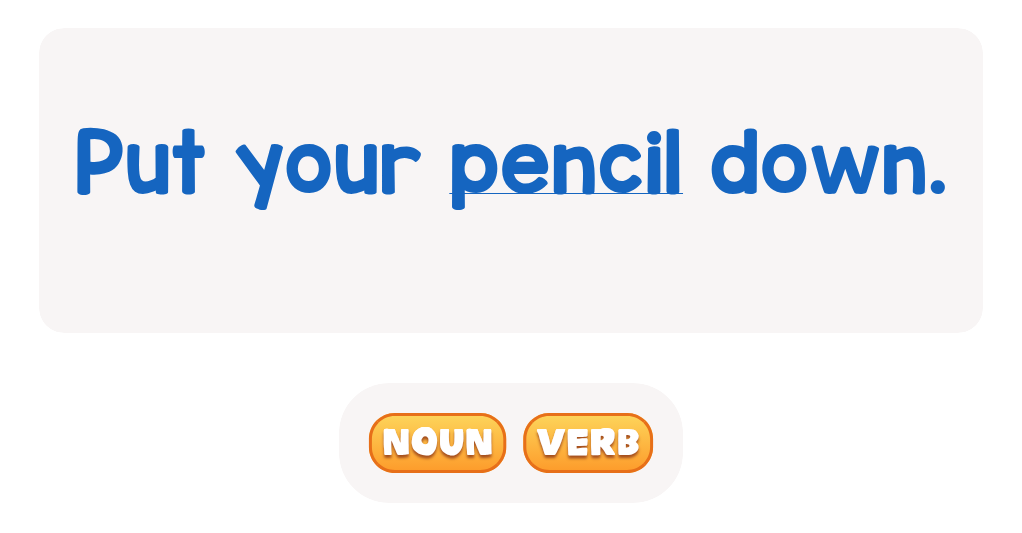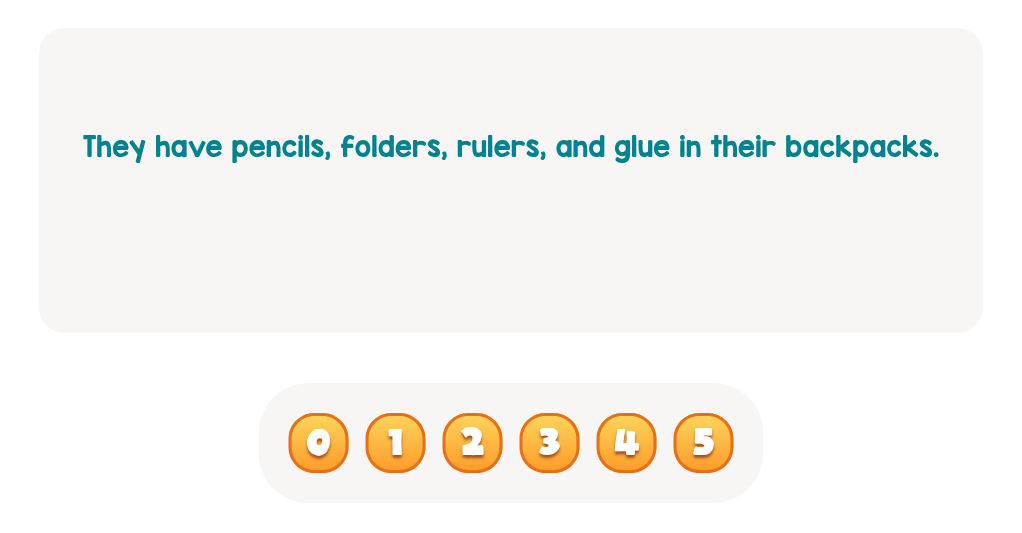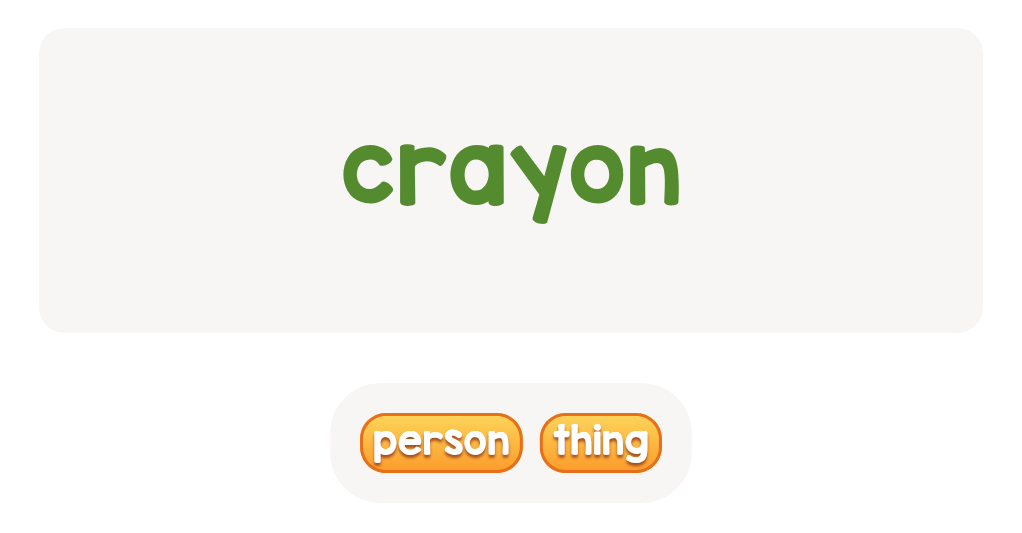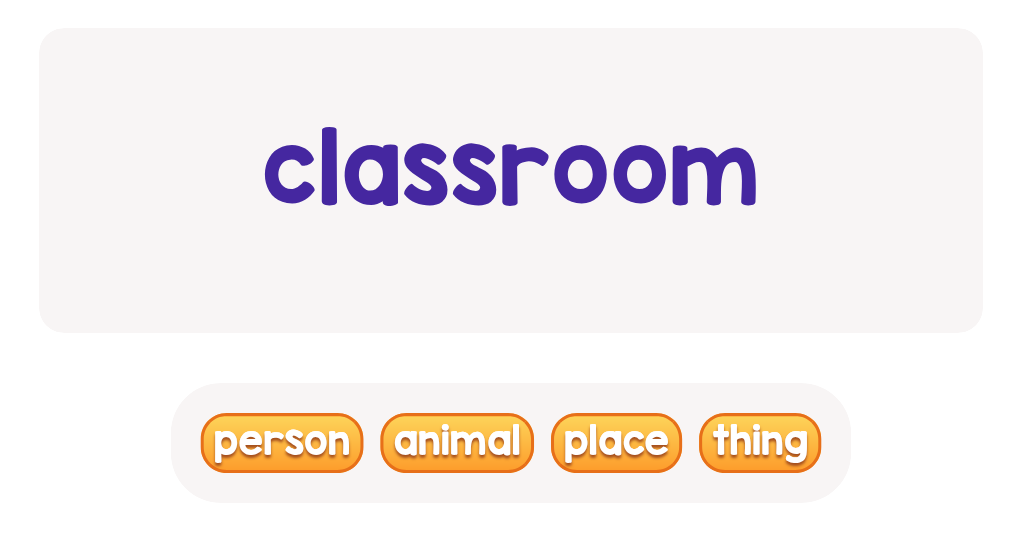Understanding prefixes Normal Grammar Worksheets for Ages 7-9
6 filtered results
-
From - To
"Understanding Prefixes Normal Grammar Worksheets for Ages 7-9" is designed to enhance young learners' grasp of language by introducing them to prefixes. Our comprehensive worksheets help children recognize, understand, and apply common prefixes. Engaging exercises ensure that kids not only have fun but also improve reading and writing skills. Each worksheet is crafted to solidify foundational grammar knowledge, promoting confident and proficient readers and writers. Perfect for home or school use, these resources align with educational standards, making learning prefixes both effective and enjoyable for ages 7-9. Unlock the door to advanced vocabulary and better comprehension today!
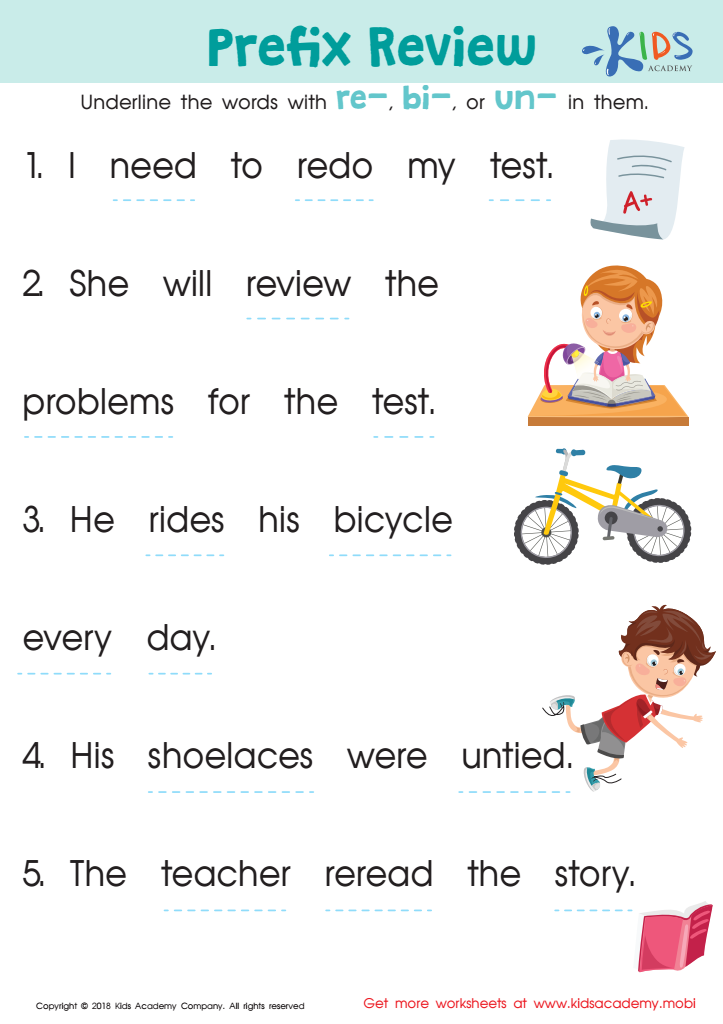

Prefix Review Worksheet
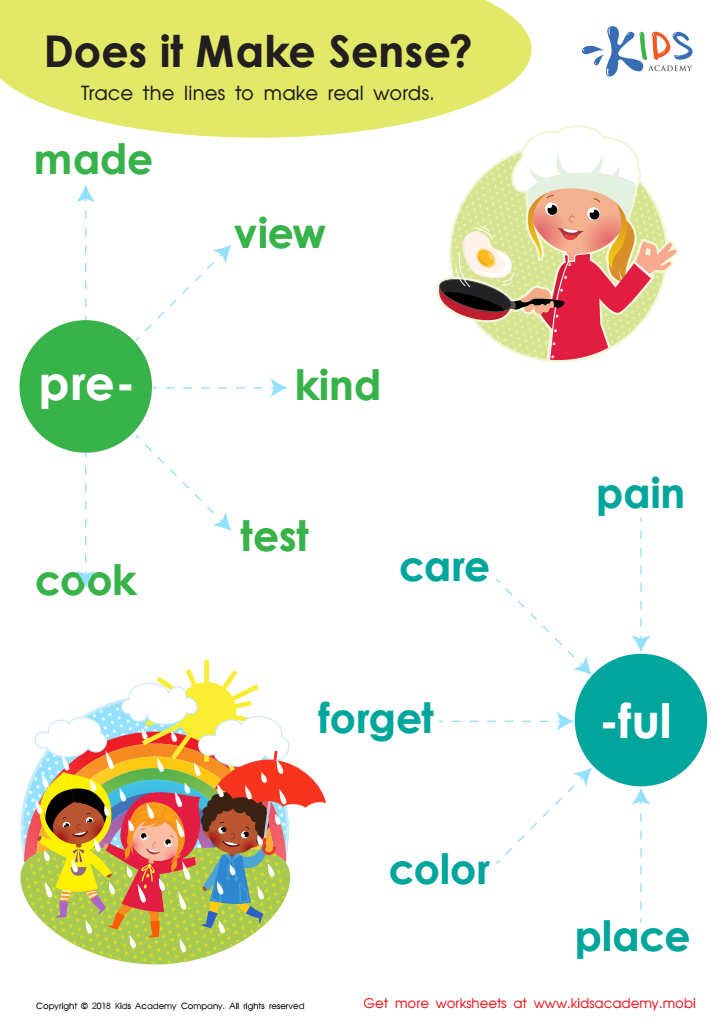

Prefix pre– and Suffix ful– Worksheet
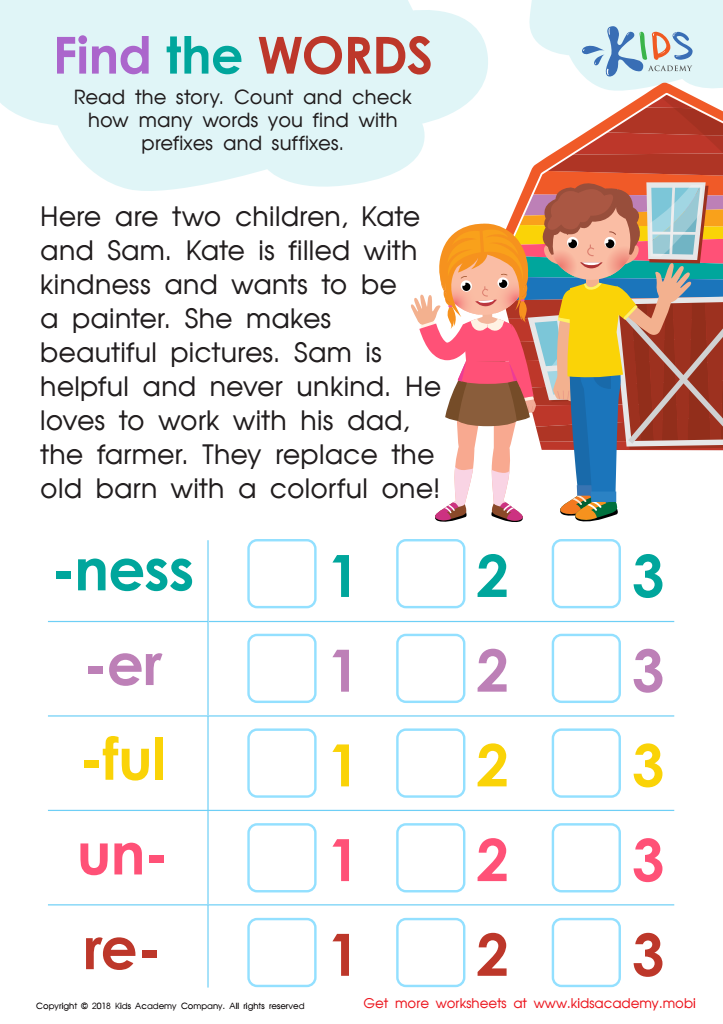

Prefix and Suffix Worksheet For Grade 3
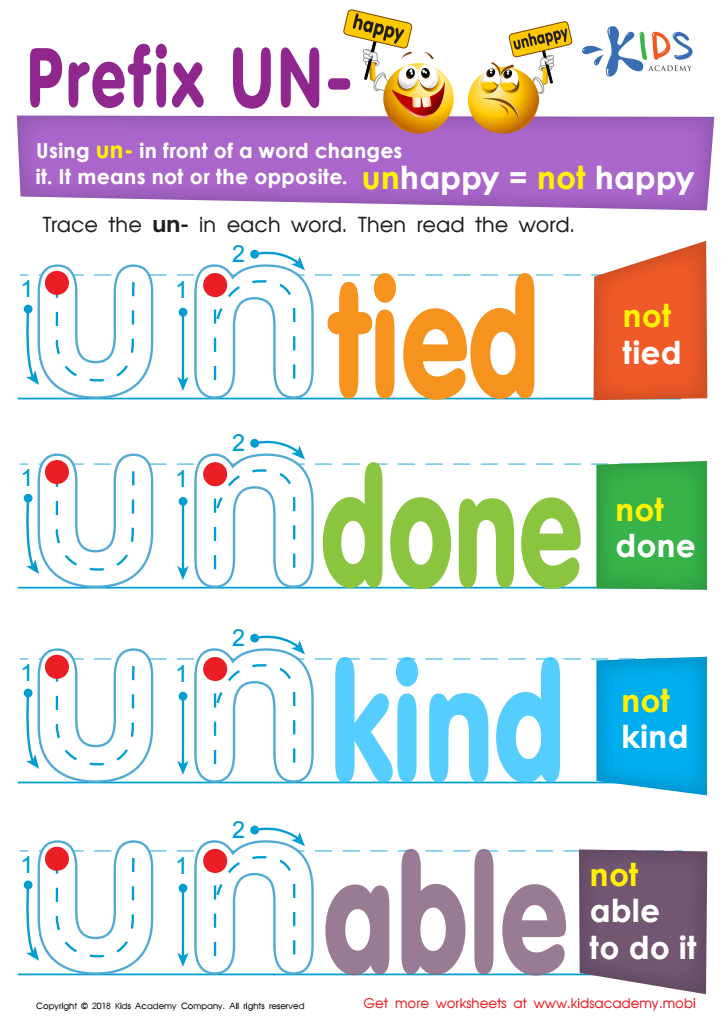

Prefix Un- Worksheet
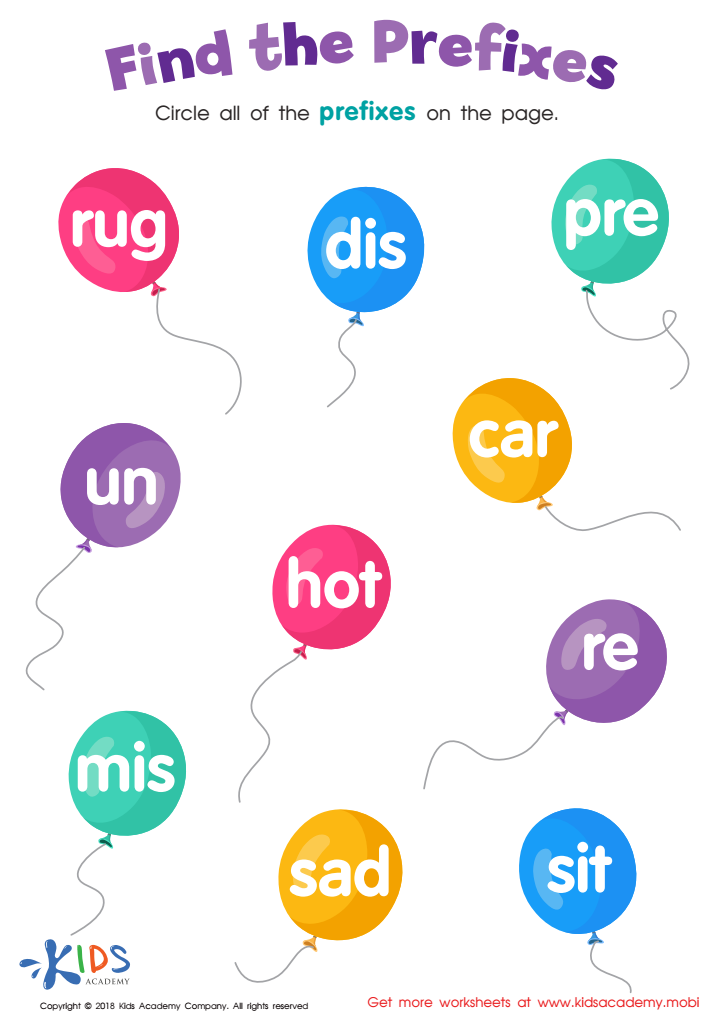

Reading: Find the Prefixes Worksheet
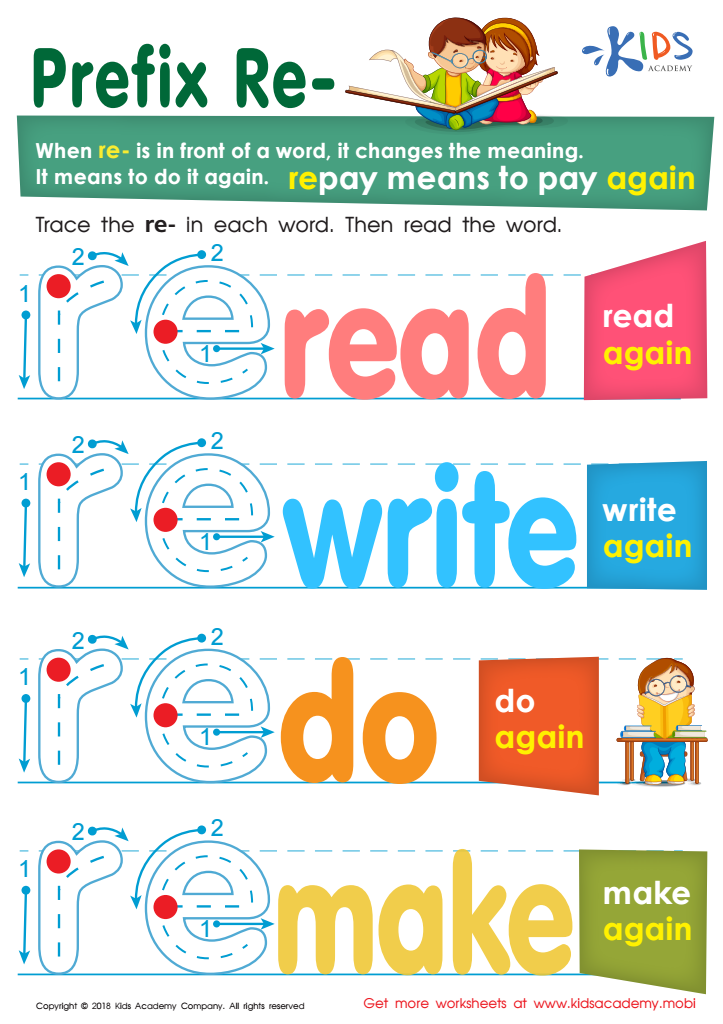

Prefix Re- Worksheet
Understanding prefixes is crucial for children aged 7-9 as it significantly enhances their language skills, which lays a foundation for effective communication and comprehension. For parents and teachers, fostering this understanding is essential for several key reasons.
First, prefixes enable children to expand their vocabulary effortlessly. By recognizing common prefixes like "un-", "re-", and "dis-", children can deduce the meanings of unfamiliar words. This skill boosts their confidence and independence when reading and writing, making learning more enjoyable.
Second, understanding prefixes improves spelling and pronunciation. Children learn patterns and rules governing word formation, which enhances their ability to spell words correctly. Effective pronunciation also follows, supporting clear and accurate communication.
Third, prefixes aid in the development of critical thinking. As children identify and interpret prefixes, they engage in analytical thinking and problem-solving. This cognitive skill transcends language arts and benefits other academic areas.
Lastly, a strong grasp of prefixes promotes academic success. Proficiency in reading and comprehending texts is foundational in all subjects. As children master these skills early, they are better equipped to tackle complex topics in higher grades, fostering a lifelong love for learning.
Thus, understanding prefixes is not just a language exercise; it's a vital educational tool that prepares children for future academic and life success.
 Assign to My Students
Assign to My Students
